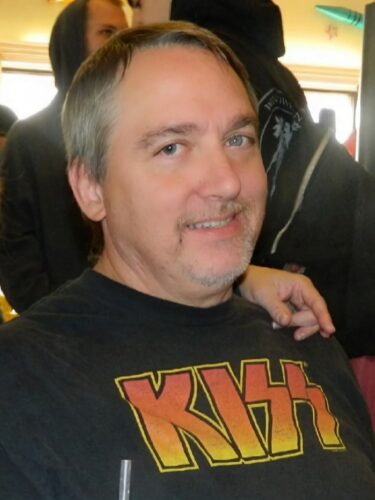
The story of my husband J Allen Blodgett
Age: 62
Location: WA
Admitted: 09/05/2021
To: Providence Sacred Heart Hospital
Murdered: 09/30/2021
J Allen Blodgett


https://drive.google.com/file/d/1hHTW28ShlfocRuJLR2x9timhbXF3FZDN/view. Google drive documenting Richard's time in the hospitals
In an interview with Sue Roberson for the COVID Humanity Betrayal Memory Project (CHBMP), facilitated by the FormerFedsGroup Foundation, Richard Tormanen provides a harrowing account of his survival against COVID-19 and deadly hospital protocols. His story, a stark embodiment of resilience and endurance, unfolds amid the serene backdrop of the North Shore of Minnesota, only to plunge into a life-threatening medical crisis.
Richard’s ordeal began in September 2020 when he fell ill during a family visit. What initially seemed like manageable symptoms quickly escalated, leading to his hospitalization in Waconia, Minnesota. There, he tested positive for COVID-19 and was subjected to the deadly FDA treatment protocols, including the controversial drug remdesivir, without his fully informed consent. Despite his requests for alternative treatments like hydroxychloroquine and zinc, which he had researched and deemed effective, his appeals were denied, adhering strictly to hospital protocols.
As Richard’s condition deteriorated, oxygen was increased. He was transferred to Methodist Hospital. He vividly recalls the overwhelming sense of helplessness and despair, exacerbated by the restrictive hospital environment where alarms would sound unanswered, and his appeals for help were met with delay and, at times, apparent indifference. His narrative paints a vivid picture of the physical and emotional toll of being hospitalized with COVID-19, highlighting moments of intense vulnerability and the profound impact of feeling isolated and unheard.
Amidst this struggle, there were glimpses of compassion and care. A social worker diligently read him cards sent by well-wishers, revealing the breadth of community support for Richard. Yet, even in these moments of human connection, the overbearing shadow of the illness and the hospitals deadly treatment protocols loomed large.
Richard’s story takes a turn for the worse with a series of critical medical events, including a straight-line event, lung collapse, and an episode of non-responsiveness. These incidents led to his transfer between hospitals and ultimately to a short-term recovery facility. His recovery was marked by small victories and setbacks, a testament to his tenacity and the prayers of those who rallied around him.
In his narrative, Richard raises serious concerns about the motivations behind hospital treatment protocols. He references the financial incentives tied to the diagnosis of COVID-19, the administration of remdesivir, and the use of ventilators, suggesting a disturbing conflict of interest at the heart of pandemic healthcare. He also touches upon alternative treatments and the importance of organic, healthy living in maintaining immune strength, emphasizing the need for patient autonomy and informed medical choices.
Richard’s story is one of over 1,300 documented by the CHBMP, each bearing witness to the individual and collective trauma experienced by patients and families affected by COVID-related hospital protocols. His experience underscores the urgent need to re-examine these protocols and to bring to light the narratives that challenge the prevailing medical approaches to COVID-19 treatment.
The CHBMP, through its diligent documentation and publication of these stories, calls for action and awareness. If you or a loved one has been adversely affected by COVID-related protocols or policies, your story needs to be heard. By sharing these experiences at CHBMP.org, you contribute to a growing chorus demanding accountability and change. The task force, predominantly composed of victims and their families who have suffered under these protocols, stands as a testament to the enduring human spirit and the collective resolve to seek justice and prevent further harm.
Filter By Category

Age: 62
Location: WA
Admitted: 09/05/2021
To: Providence Sacred Heart Hospital
Murdered: 09/30/2021
J Allen Blodgett

Age: 56
Location: ME
Admitted: 11/25/2021
To: Northern Lights Eastern Maine Medical Center
Murdered: 12/19/2021
Lisa Rice
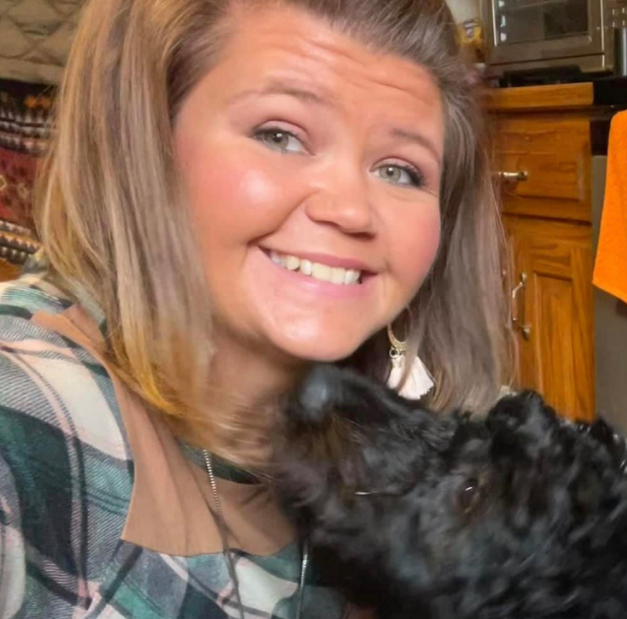
Age: 43
Location: KY
Admitted: 01/01/2022
To: University Of Kentucky Hospital
Murdered: 02/08/2022
Amanda Reynolds Stratton

Age: 78
Location: CA
Admitted: 09/01/2021
To: Saint Agnes Medical Center
Murdered: 10/02/2021
Josephine Hutchens

Age: 52
Location: AZ
Admitted: 09/05/2021
To: Banner Ironwood
Murdered: 10/15/2021
Conrad Ramon
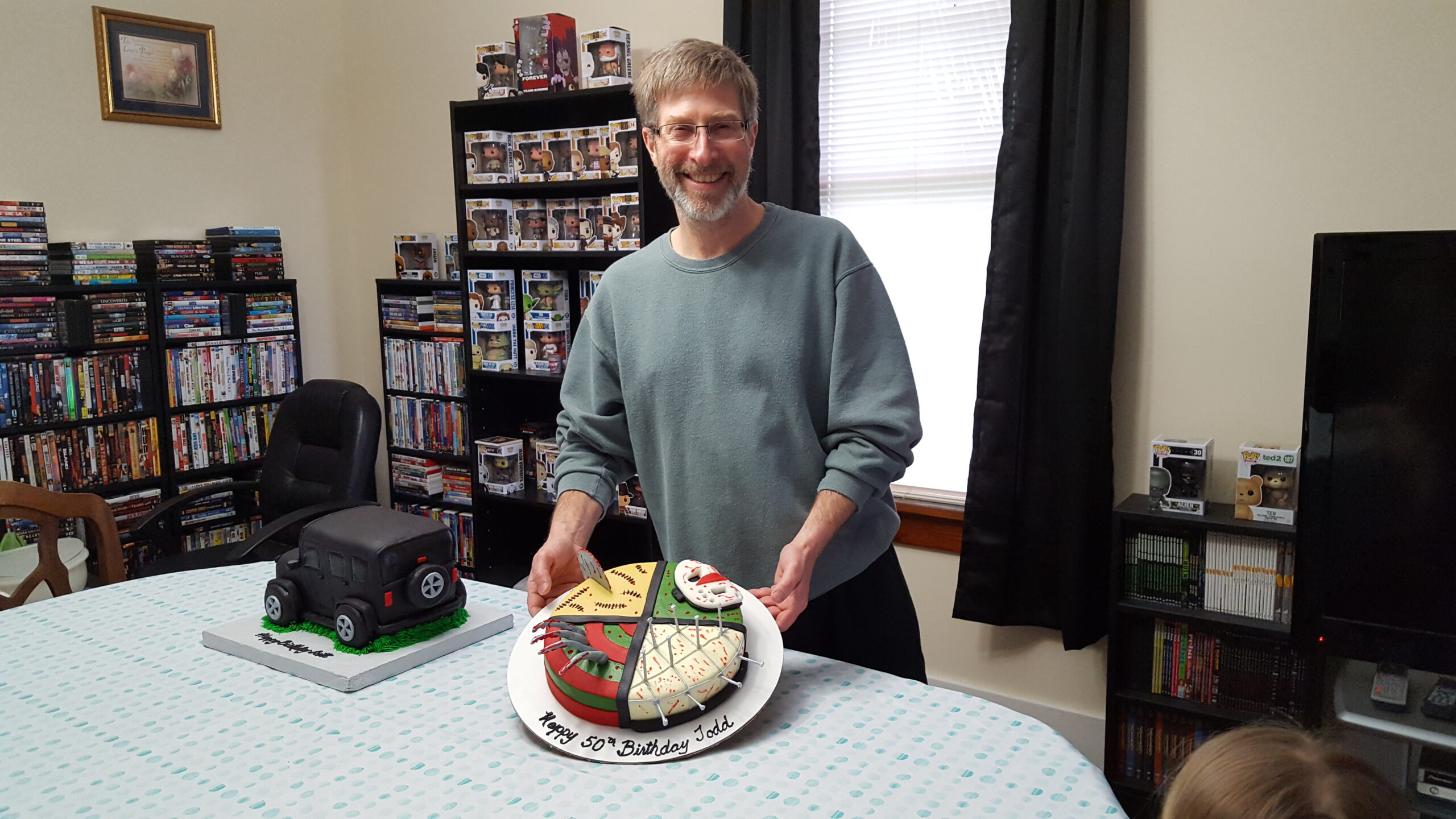
Age: 53
Location: OH
Admitted: 01/04/2022
To: Clinton Memorial
Murdered: 01/29/2022
Todd L. Pointer

Age: 68
Location: FL
Admitted: 08/29/2022
To: Physicians Regional Hospital on Collier Blvd. Naples, Florida....then Landmark Hospital, Naples Florida...then Promedica Nursing/Rehab Rattlesnake Rd. Naples Fl.
Rebecca Darlene Harland
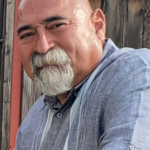
Age: 56
Location: CA
Admitted: 08/24/2021
To: Kaiser
Murdered: 09/18/2021
Gustavo "Gus" Enriquez

Age: 63
Location: TX
Admitted: 01/30/2022
To: ST David’s Austin
Murdered: 03/01/2022
Joe Bradshaw

Age: 64
Location: TX
Admitted: 08/28/2021
To: Gainesville Medical Center
Murdered: 09/16/2021
Andy Serna
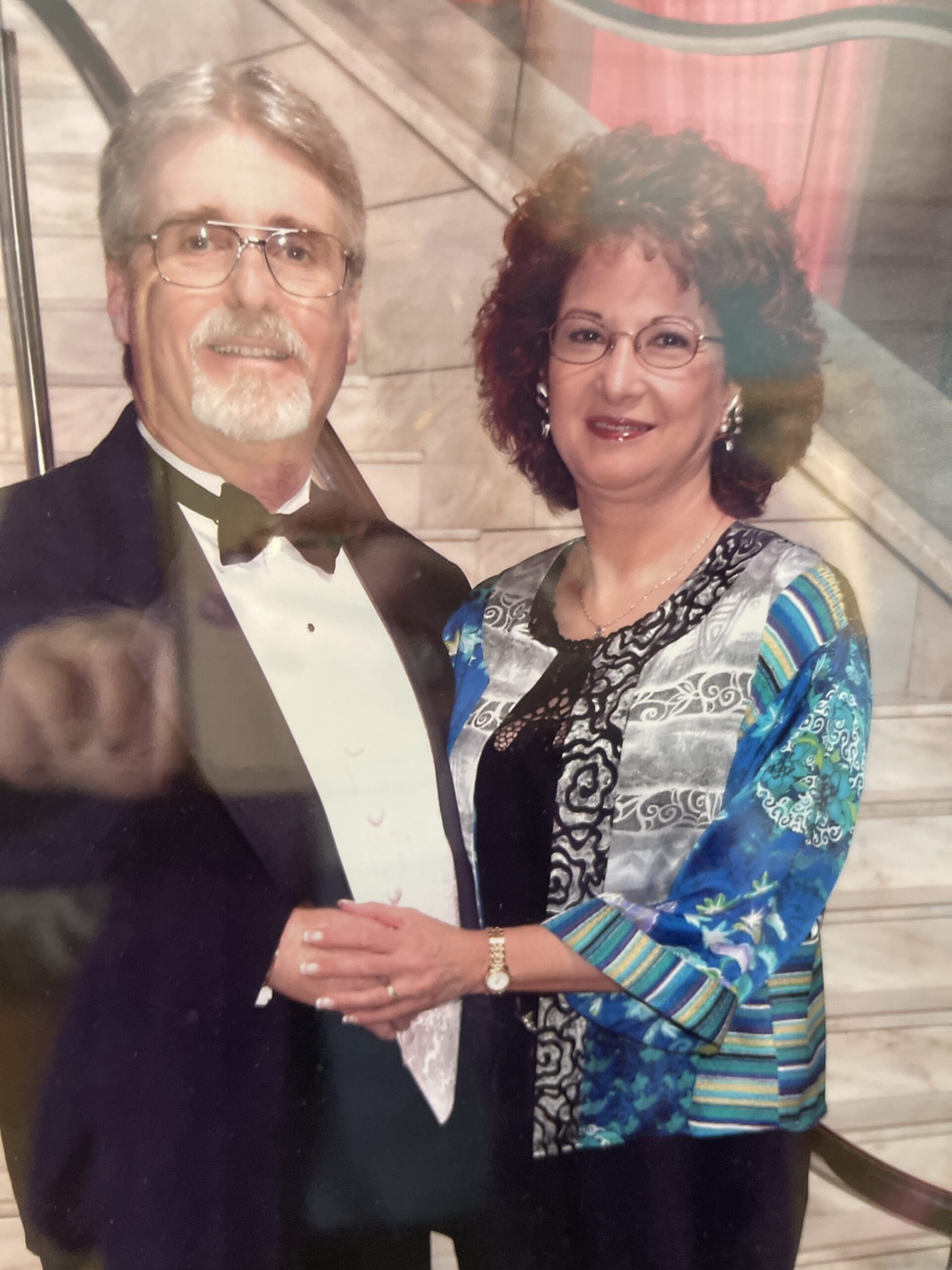
Age: 77
Location: PA
Admitted: 01/23/2022
To: St Mary Medical Center
Murdered: 02/04/2022
Edward Weiner
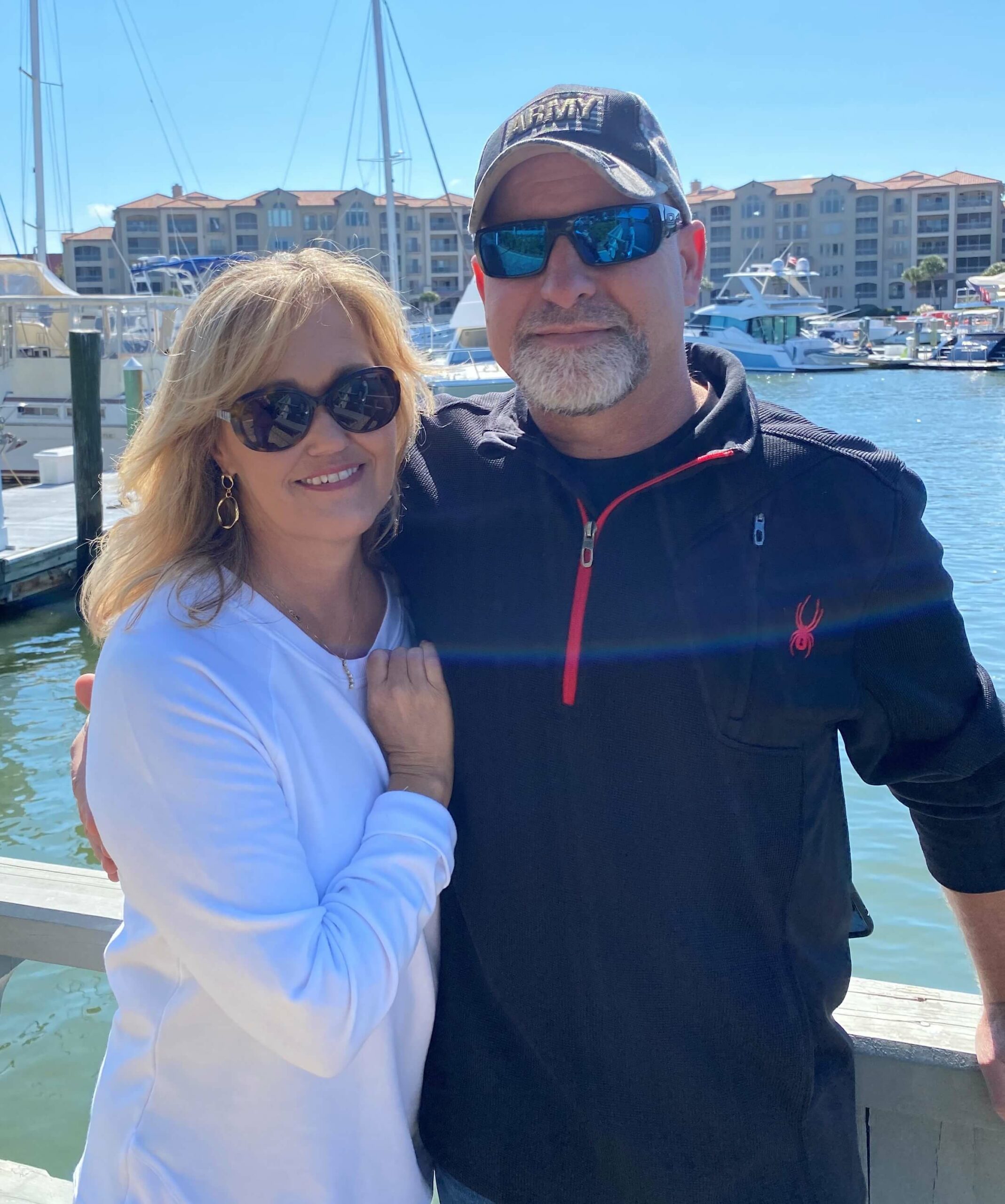
Age: 55
Location: SC
Admitted: 02/07/2021
To: Tuomey Hospital Sumter SC
Murdered: 02/10/2021
Michael Kreher

Age: 48
Location: LA
Kim Michael Rivet

Age: 68
Location: FL
Admitted: 04/02/2021
To: Memorial West Pembroke Pines, FL
Murdered: 05/16/2021
Liliana Va
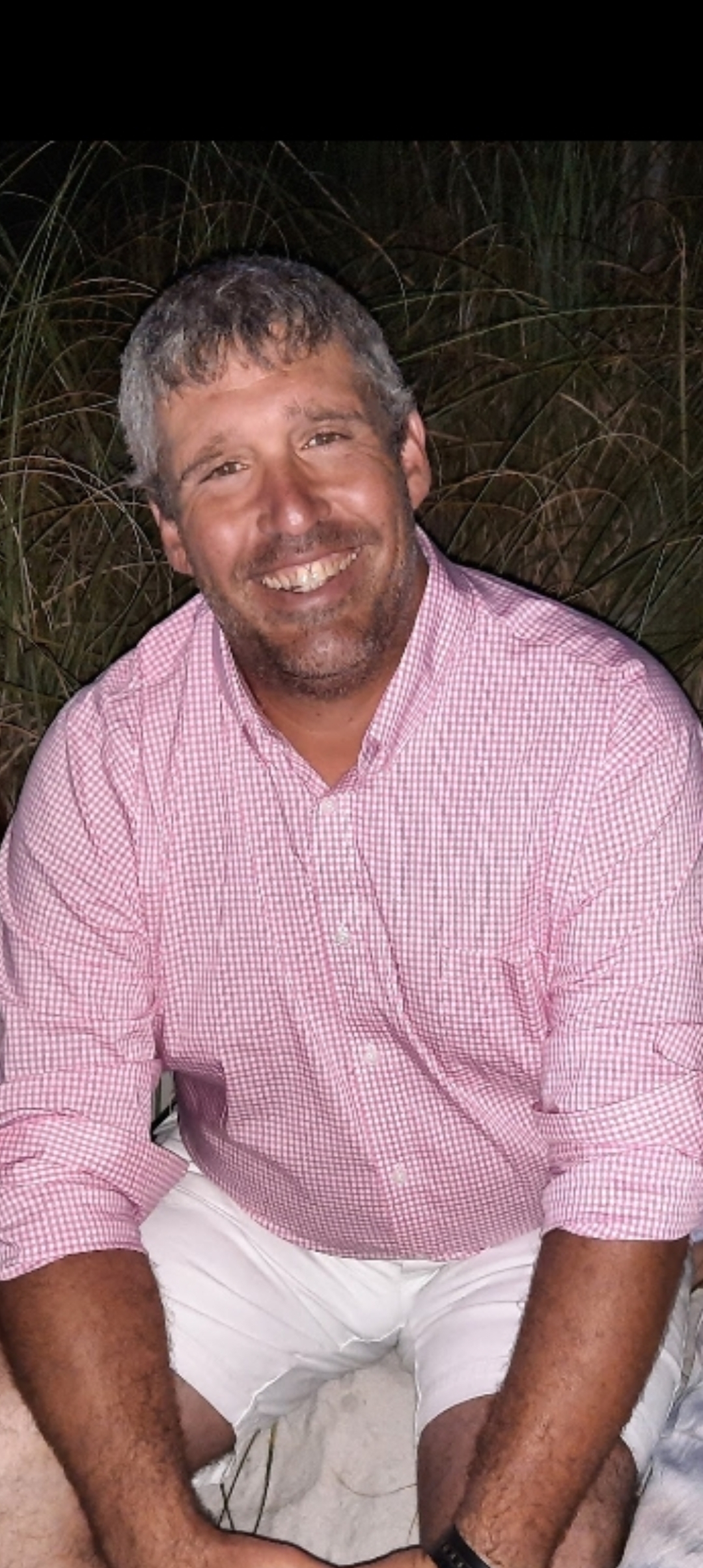
Age: 43
Location: AL
Admitted: 09/08/2021
To: UAB West
Murdered: 09/17/2021
Todd Abbott

Age: 74
Location: CA
Admitted: 08/13/2021
To: Clovis Community Medical Center
Murdered: 09/16/2021
Judith Lee Kneeland
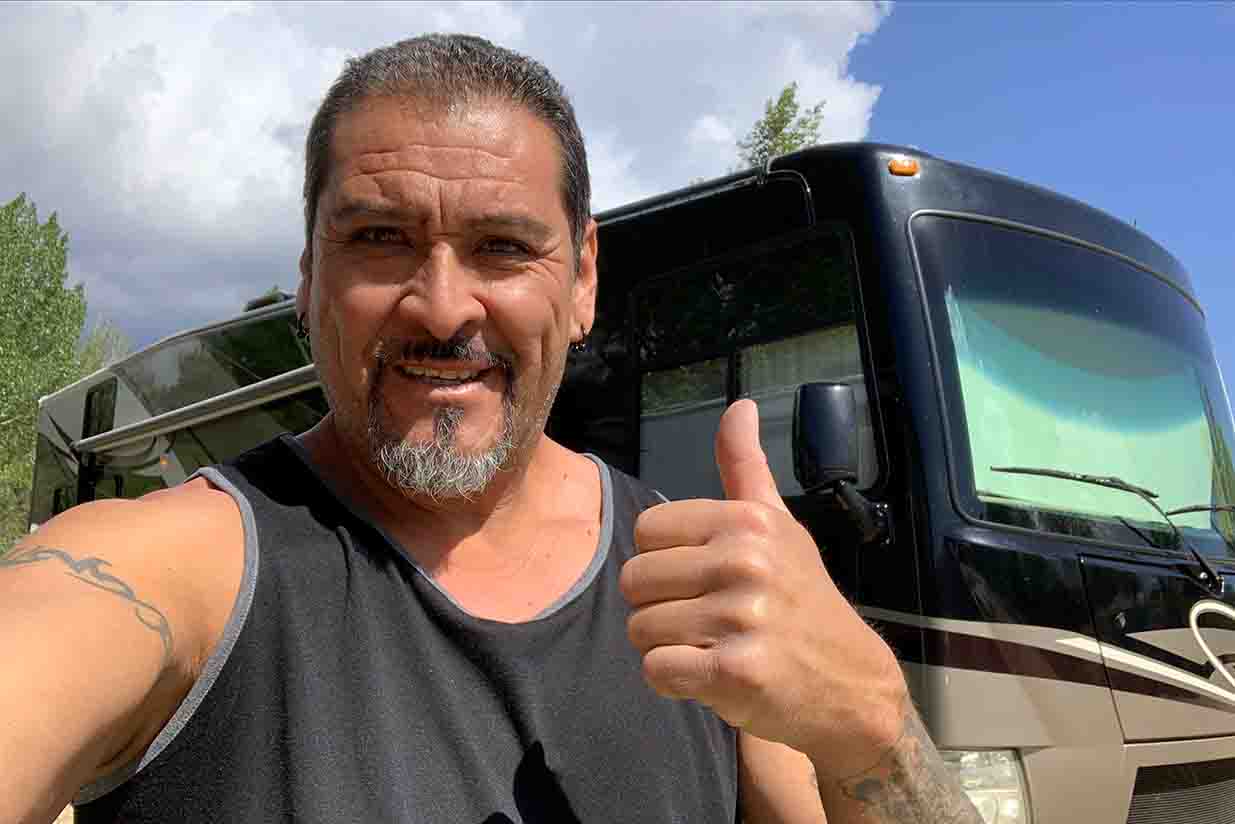
Age: 53
Location: CA
Admitted: 11/01/2021
To: Los Alamitos Regional Medical Center (90720); Kaiser Permanente, Downey (90242)
Murdered: 11/16/2021
Juan De La Cruz
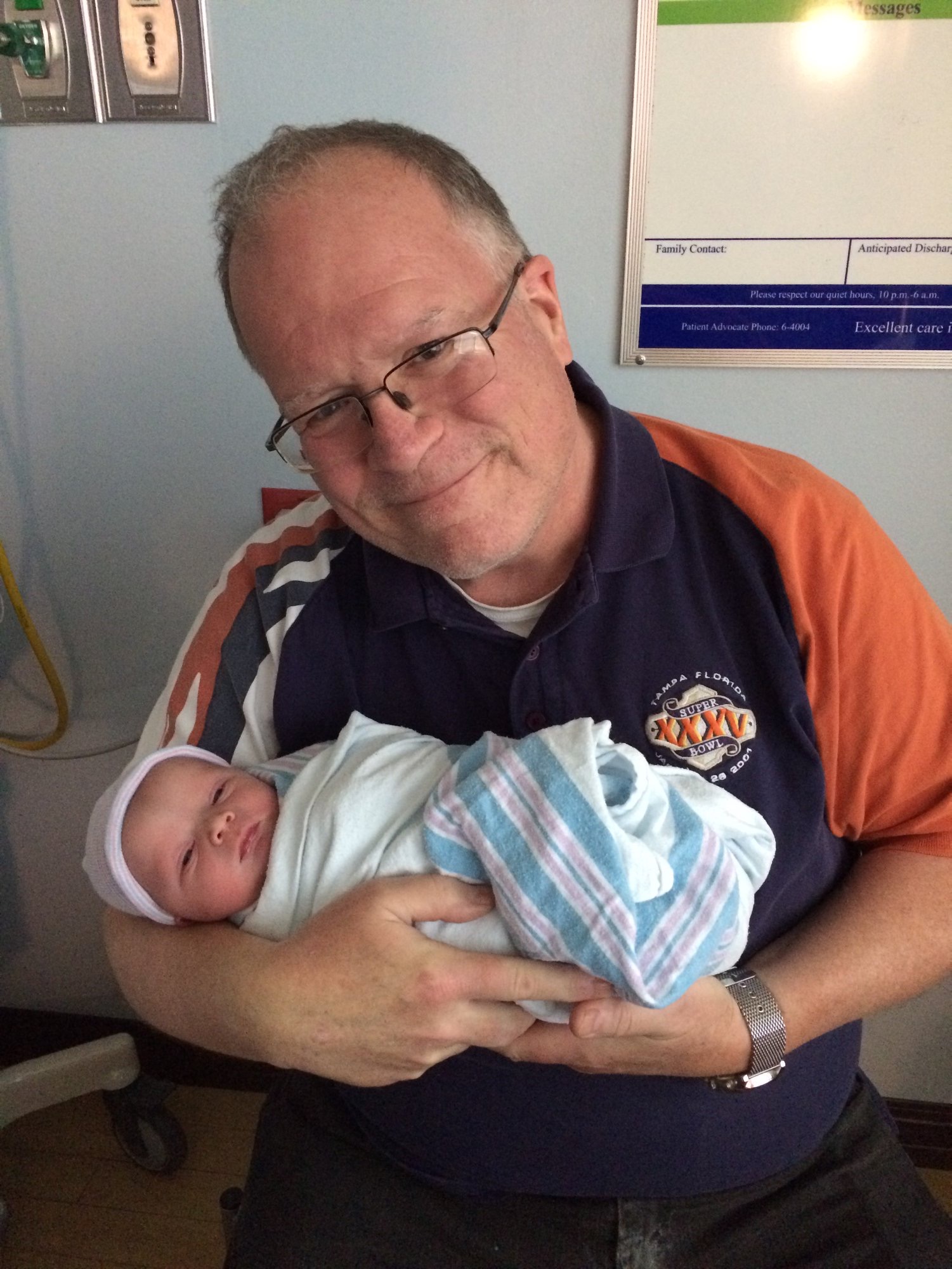
Age: 65
Location: MO
Admitted: 10/22/2021
To: Mercy Hospital Jefferson County MO
Murdered: 11/03/2021
Ronald J. Wenzel
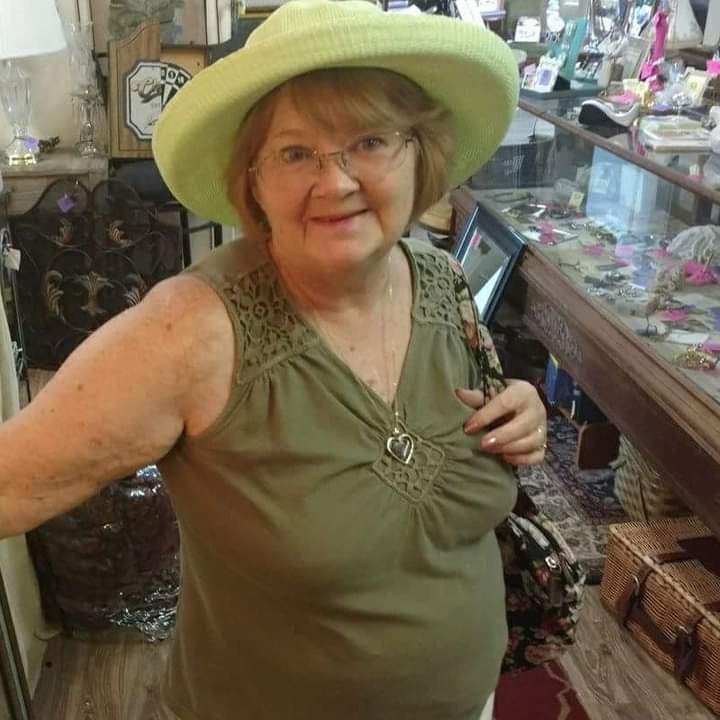
Age: 73
Location: MI
Admitted: 10/14/2021
To: Mid-Michigan Hospital in Clare, Michigan and Mid-Michigan hospital in Gratiot, Michigan
Murdered: 10/17/2021
Nancy A. Dobson

Age: 19
Location: TX
Admitted: 08/21/2021
To: North East Methodist San Antonio
Murdered: 08/25/2021
Justin Crocker
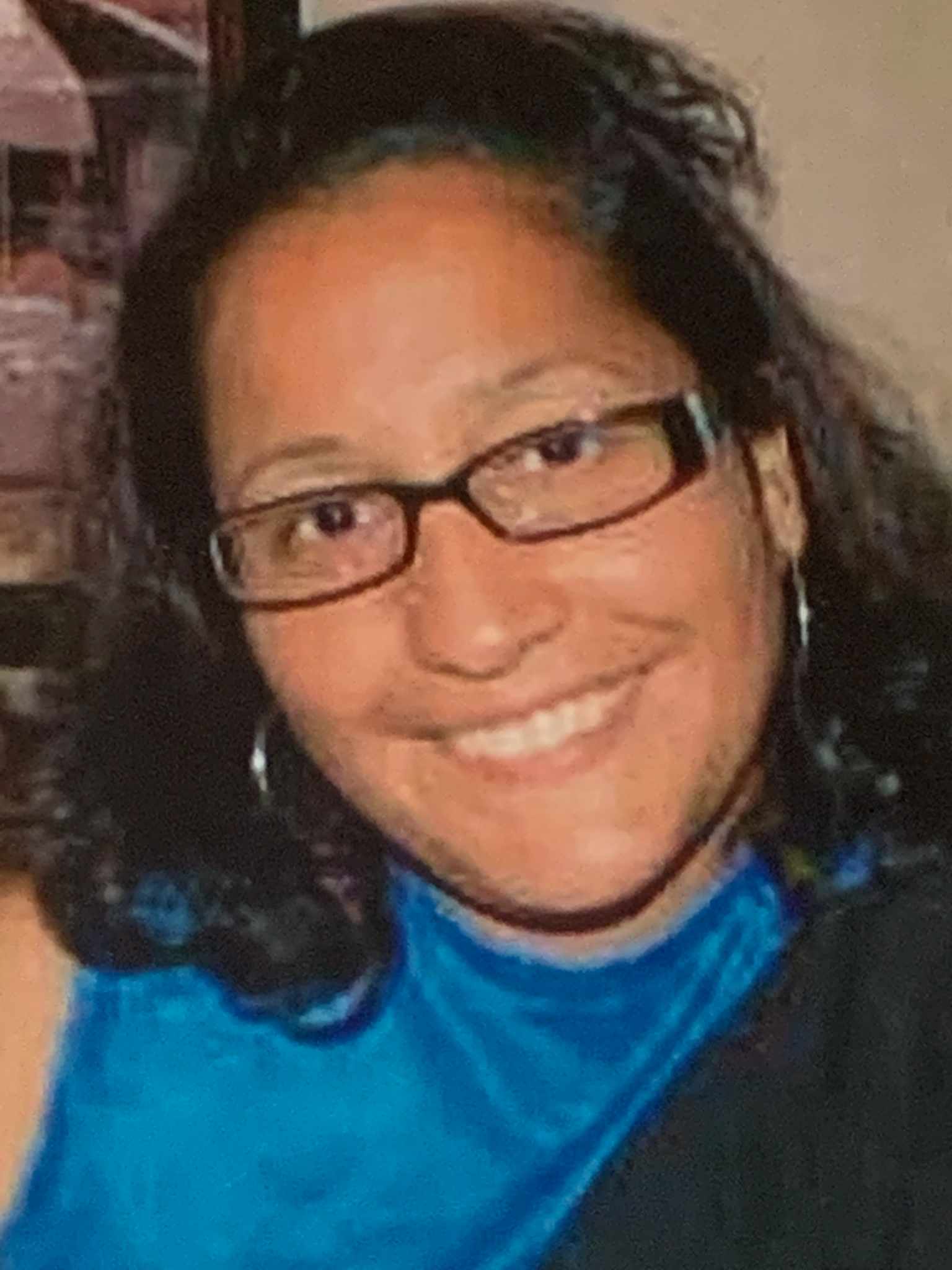
Age: 47
Location: PA
Admitted: 08/21/2021
To: St Luke's - Bethlehem
Murdered: 10/17/2021
Beatris Rivas

Age: 67
Location: CA
Admitted: 02/27/2022
To: Kaiser
Murdered: 06/14/2022
Connie Vu

Age: 59
Location: MI
Admitted: 09/08/2021
To: Henry Ford Macomb Hospital, Clinton Township Michigan
Murdered: 09/29/2021
Lawrence Stephen Vargo
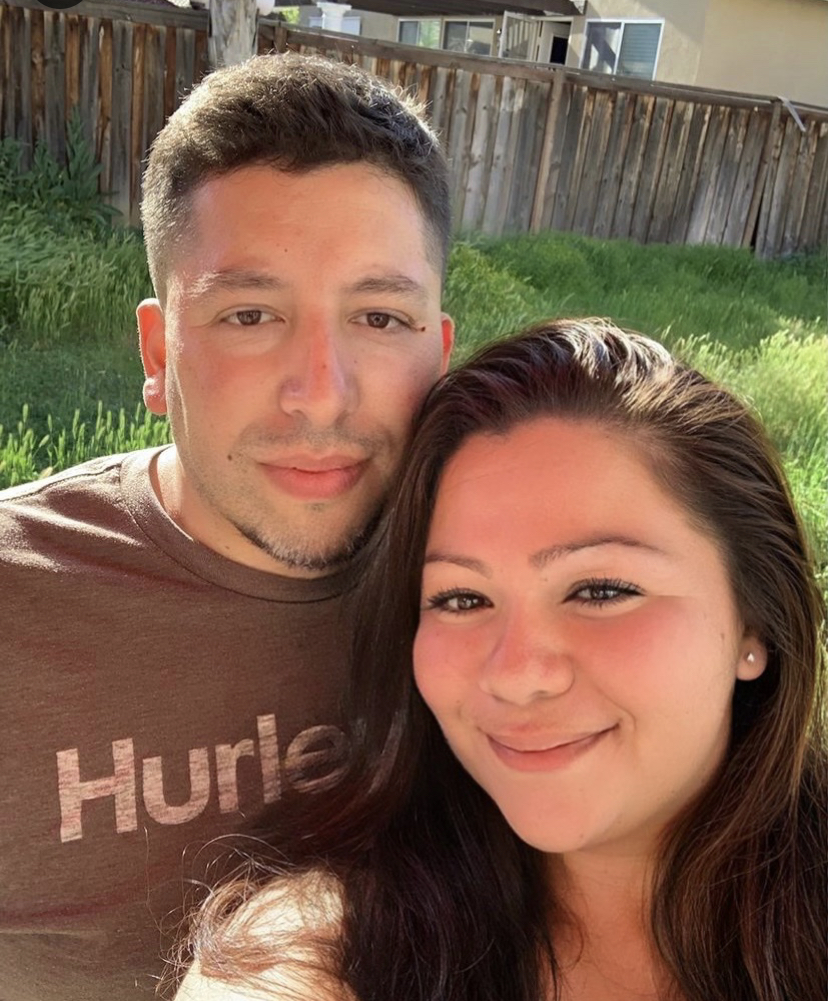
Age: 45
Location: CA
Admitted: 08/13/2021
To: Loma Linda University Health
Murdered: 08/16/2021
Carlos Cabrera Arias
These are just a few of the cases archived by our COVID-19 Humanity Betrayal Memory Project, and there are more being reported by survivors and families of victims every day. If you would like to help with this project, please consider becoming part of the Task Citizens Force Against Instutional Capture And Crimes Against Humanity, a FormerFedsGroup Freedom Foundation mission.